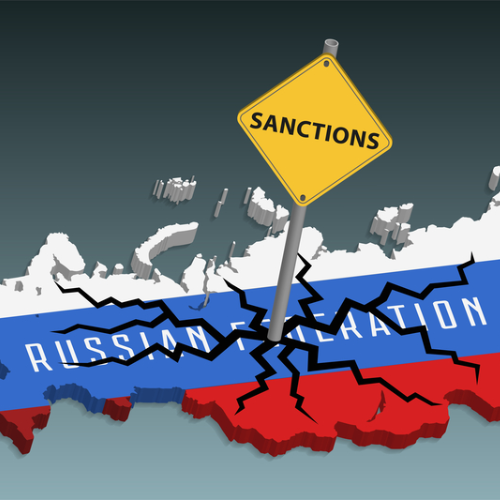The European Union (EU) is stepping up its fight against countries and companies helping Kremlin dodge international sanctions. In its 17th round of sanctions since Russia’s full-scale invasion of Ukraine, the EU has proposed fresh measures targeting firms in Vietnam, Turkey, and Serbia. These firms are accused of helping Russia get around existing embargoes meant to cut off critical supplies.
More than 20 companies from places like the United Arab Emirates (UAE), Turkey, Serbia, Vietnam, and Uzbekistan have been named in the new draft sanctions. If approved, this would mark the first time the EU has ever sanctioned a company from Vietnam for supporting Russia. The EU’s goal is to stop businesses from sneaking around the rules and helping Moscow continue its military operations despite worldwide restrictions.
To get these measures approved, all 27 EU countries need to agree. The proposal has already been sent to member states and is now up for review by EU ambassadors. Some officials see this package as a key moment, testing whether every EU nation remains committed to keeping pressure on Russia. There is extra attention on Hungary, whose leader has been signaling a desire to ease up on sanctions and restore trade with Moscow.
Tense Crossroads: Vietnam Vows Crackdown After U.S. Finds China Label Trickery
Blacklisting Kremlin’s Shadow Fleet
One of the biggest moves in this new package is the plan to blacklist 149 oil tankers connected to Russia’s so-called “shadow fleet.” This shadow fleet is made up of ships that help Moscow secretly move oil around the world, avoiding the bans and price caps set by Western countries. By cutting off these tankers, the EU aims to tighten the squeeze on the country’s energy exports, which remain a big source of money for its government.
Along with the ships, around 60 individuals and companies based in Russia and China are also facing blacklisting. These people and firms are accused of helping bypass sanctions or providing supplies that can be used in weapons and military equipment. This step shows that the EU is not only targeting Russia directly but is also going after those in other countries who help them keep its war machine running.
This move is part of a broader push to stop the trade of so-called dual-use goods. These are items like chemicals and machine tool parts that might seem harmless but can also be used to make weapons. By expanding these restrictions, the EU wants to cut off more of the materials Russia needs to continue its war in Ukraine.
Tariff Dodging Exposed! South Korea Seizes $20 Million in Fraudulent Made in Korea Goods
Special Energy Exemption for Japan
Even as it cracks down hard on Russia and its helpers, the EU is also making room for an important exception. The new sanctions package proposes extending a special exemption for the Sakhalin energy project in Russia until June 2026. This project is vital to Japan, which depends on energy imports to meet its needs. By allowing this project to continue, the EU is balancing its tough stance on Russia with the need to avoid harming its partners like Japan.
This exemption highlights how complicated the sanctions game has become. On one hand, the EU is determined to punish Russia and stop the flow of materials and money that fuel its military. On the other hand, it must ensure that its actions do not accidentally hurt friendly nations or create energy shortages that could damage the global economy.
The proposed measures are now under discussion and could be changed before they are officially approved. But if they go through as planned, this 17th sanctions package would mark another big step in the EU’s ongoing effort to isolate Russia and shut down the networks that help it keep fighting despite international pressure.


